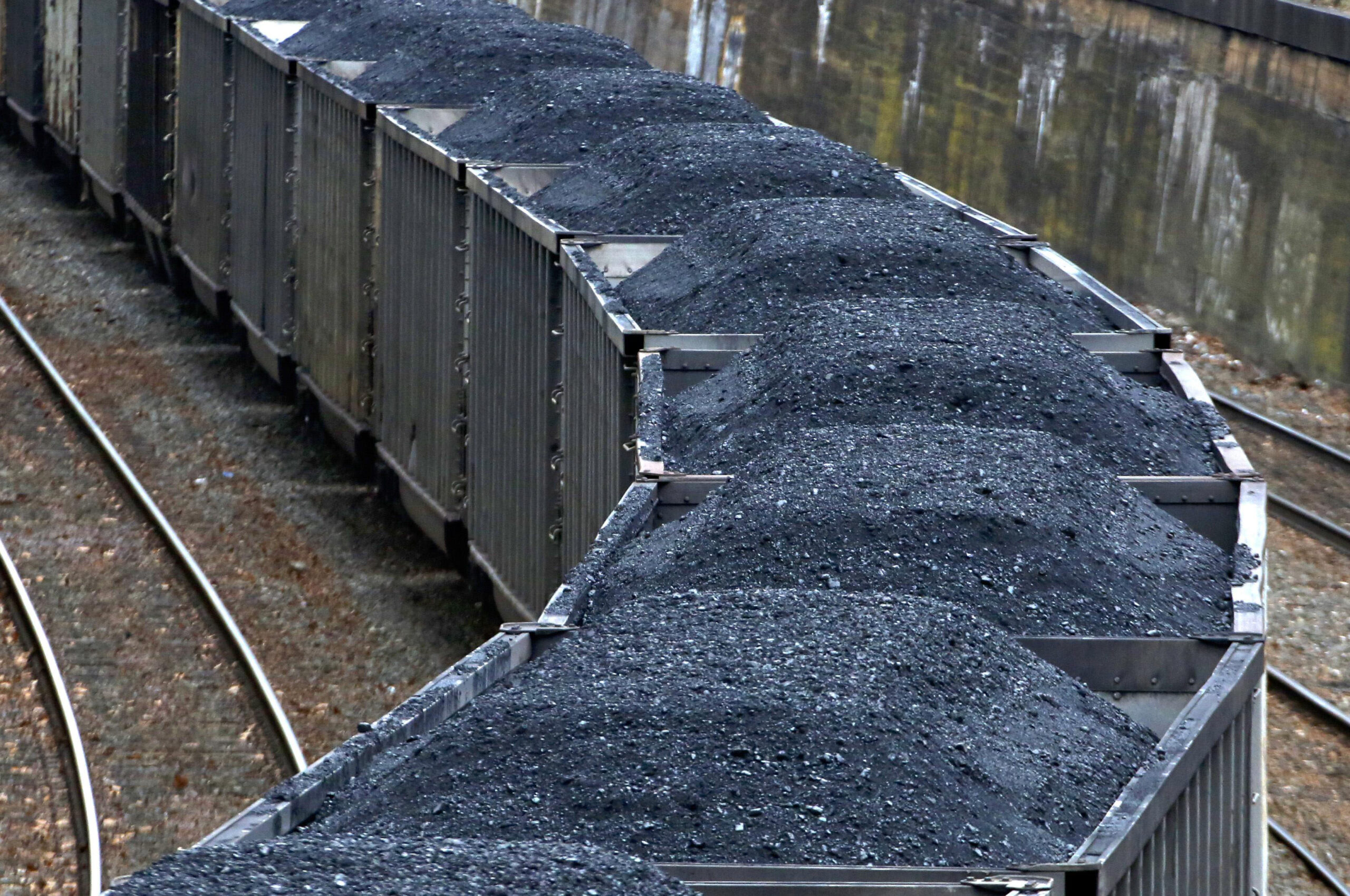It’s fitting we attribute this maxim, “There is no avoidance in delay,” to the father of tragedy
That is, Aeschylus, a Greek dramatist, who is credited with writing about 10 surviving plays, 2,500 years ago.
Appalachia has only been wrestling with this maxim as it relates to the coal industry for about the past 30 years.
According to the Bureau of Labor Statistics, there were 228,569 coal jobs nationwide in 1980, 131,306 in 1990, 71,522 in 2000, and fewer than 54,000 in 2016. You could not fill Milan Puskar Stadium with 54,000 people.
There are about 14,000 full-time coal miners still working in West Virginia, according to the West Virginia Coal Association.
The state industry’s production peak of about 158 million short tons is more than a decade in the rear-view mirror. Its 40-year low of about 80 million short tons was hit in 2016.
Since then production levels have picked up some with the vast majority of that hinging on yo-yoing exports.
Blackhawk Mining is the eighth major U.S. coal producer to file bankruptcy since November 2017 and the fifth so far this year.
Since 2010, hundreds of coal-fired power plants — nearly 40 percent of the U.S. coal fleet — have been retired.
Locally, Morgantown Energy Associates is phasing out two coal-fired boilers while adding a third gas-fired one at its Beechurst site.
Murray Energy, which operates five local mines, is reportedly facing bankruptcy by year’s end.
Those facts about the coal industry are probably not lost on anyone, except for our political leaders.
We certainly don’t expect anything from our governor, who is heavily invested in this fading industry or many legislators from coal-producing districts.
However, we would like to think our congressional delegation would have enough vision to see coal is free-falling.
And even when it was booming our state always led the nation in many poverty indicators.
Yet, our leaders continue to vote for measures that only prolong the delay in coal’s decline, such as the federal Affordable Clean Energy rule.
At the very same time they ignore environmental protections and efforts to mitigate climate change at the world’s peril. Many states and communities are not waiting for politicians who ignore climate change and are taking matters into their own hands.
Our state needs to recognize that delaying the transition from coal is not going to help avoid the inevitable.
Whether that be a further devastated economy and polluted environment or pioneering new strategies and sources of energy, the choice is ours.
But we will need to choose, sooner than later.




